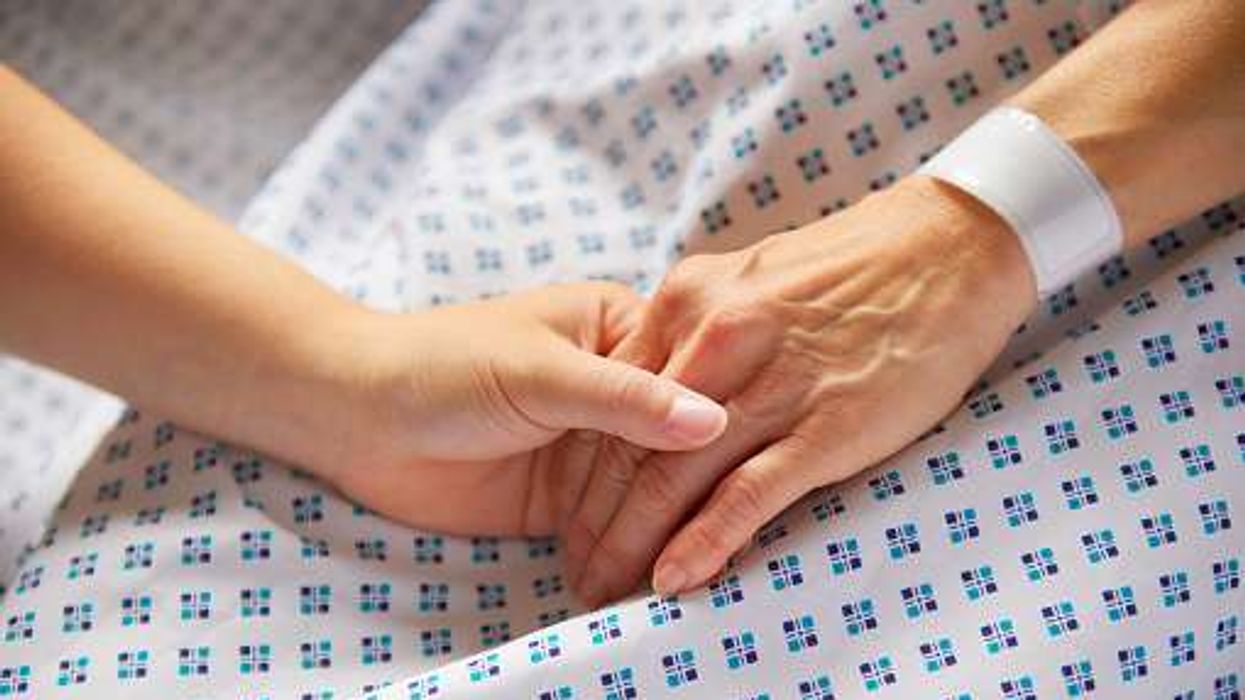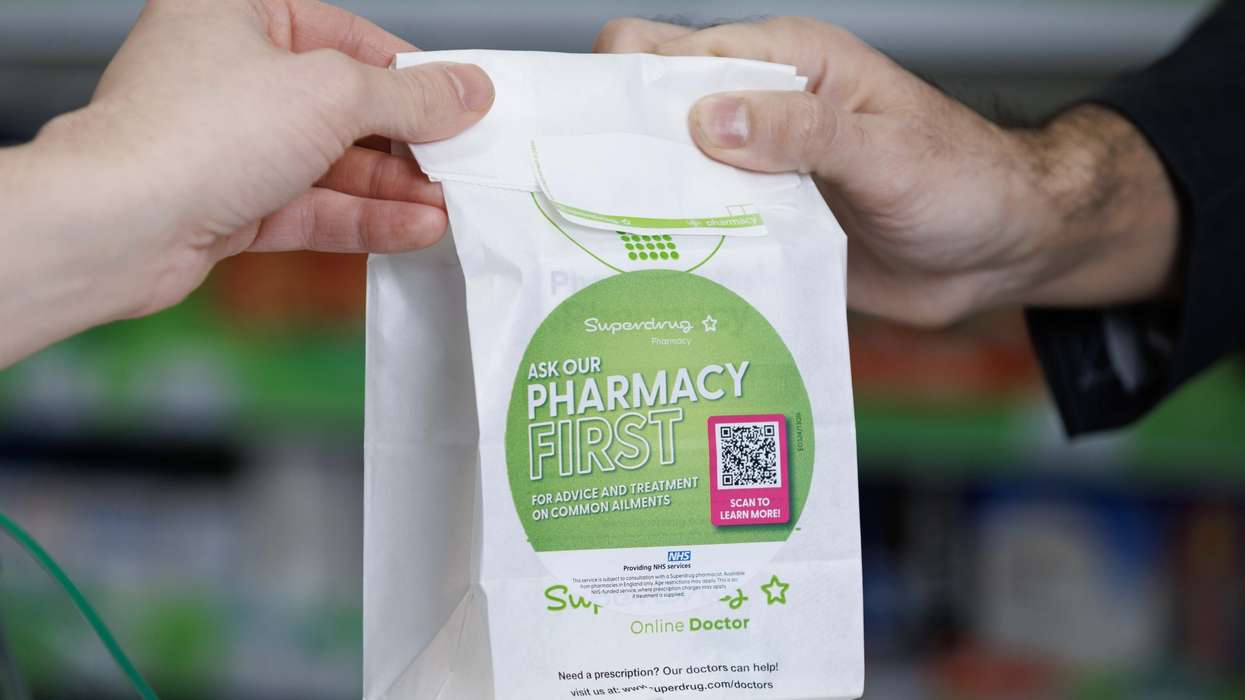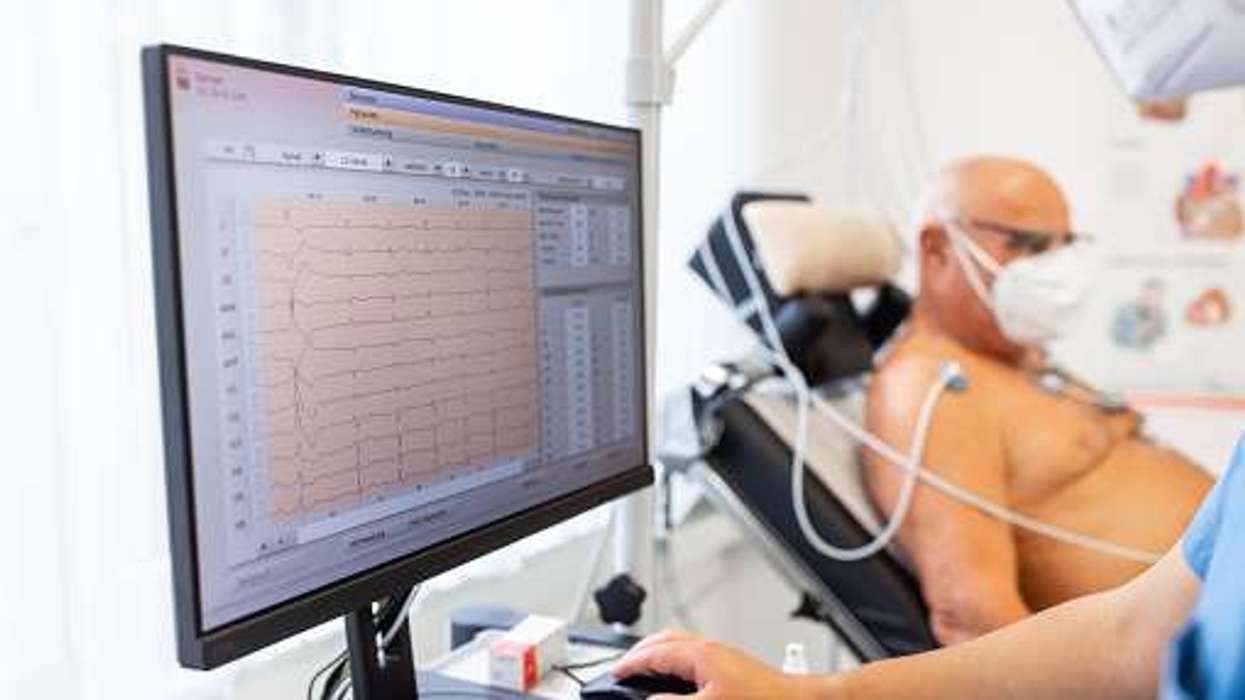Key Summary
- NHS delivered 95% of planned care during the strike.
- Government says doctors rejected a deal without a vote.
- Ministers urge BMA to return to negotiations.
The NHS has claimed that it was able to maintain near-normal services during the recent 5-day industrial action by the resident doctors.
It had fulfilled 95 per cent of planned care, including critical services such as maternity cases, urgent cancer care, etc. during the strike.
More than 850,000 patients were served during strike. This is 25,000 more patients than during the July strike.
The NHS staff worked extra hours to ensure that services remained open for patients, and dealt with additional pressures including Storm Claudia and an early spike in flu cases.
NHS chief executive James Mackey thanked the NHS teams for their monumental efforts.
“But that doesn’t mean things were easy – there are still some patients who had their care disrupted, and as with every strike it takes significant time and effort from staff to manage, which otherwise would be put towards delivering more for patients and helping to get down the backlog,” he added.
Around 17,236 resident doctors out of the 79,000, previously named junior doctors, had gone on strike.
The industrial action came on the back of an offer to the British Medical Association’s (BMA) resident doctors committee that they did not put to their members.
The government had earlier offered the BMA with better training places for resident doctors, increased coverage of training costs as well as improved working life.
The government had hiked their salary 29 percent over the past three years.
The NHS claimed its 10-point plan tackles everyday problems for resident doctors, like payroll mistakes, repeated training, leave issues, and lack of proper rest areas or hot food.
They also say 95 per cent of NHS trusts now have leaders and doctor representatives to make sure doctors’ concerns are heard and acted on.
Health secretary Wes Streeting said, “There were still far too many patients who suffered because the BMA refused to put the government’s offer to its members. Polling shows that resident doctors wanted to accept the government’s offer of more jobs and better career progression.”
“I urge the BMA to work with the government and NHS as we continue to make further improvements for resident doctors,” Mackey added.













